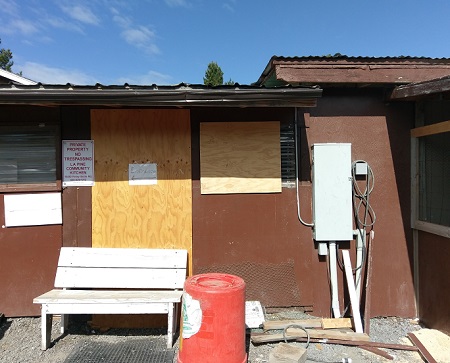The madras terrace roofing is a traditional roof building technique using handmade achikal brick wood and lime plaster.
Madras terrace roof definition.
Some of them are as follows.
The word achi regionally means.
The sloped or pitched roofsmay beof rcc mangalore tiled ac sheet roofed gi sheet roofed bengal roofed.
Flat tiles are then laid over this concrete.
Apply roof flashing technique to prevent water leakage from the roof.
It involves the use of wood and aachikal a locally termed material which is a small brick and lime plaster.
Madras terrace roof construction has teak wood joists that are kept above steel girders.
In the case of madras terrace wooden beams will be fixed first.
The two layers have a furring piece in between to provide the necessary low slope.
Flat roofs are of rcc slab madras terrace.
Sufficient slope is provided terrace bricks of size 15x75x25mm to be laid diagonally.
Let us know more about roof flashing locations roof leaks testing roof flashing materials and roof flashing types etc.
A flat roof area which may or may not be surrounded by a balustrade used for social activity is also known as a terrace.
Thatch roofs were not fireproof roofs with twigs and branches had.
Madras terrace roof steps in construction teak wood joist are placed on rolled steel joists.
Brick bat concrete of thickness 75mm to be laid rammed and allow to set for three days.
Terraces need not always protrude from a building.
Surface of this roof is finished with 3 coats of plaster.
This roofing has the same advantages and disadvantages associated with a low slope roof.
The madras terrace method of construction in many ways incorporated the best of all known roof forms avoiding their pitfalls.
This is a traditional flooring technique found particularly practiced in south india.
Commonly used for small spans.
Developed around 1500 ce it has changed little and consists of a.
In venice italy for example the rooftop terrace or altana is the most common form of terrace found.

